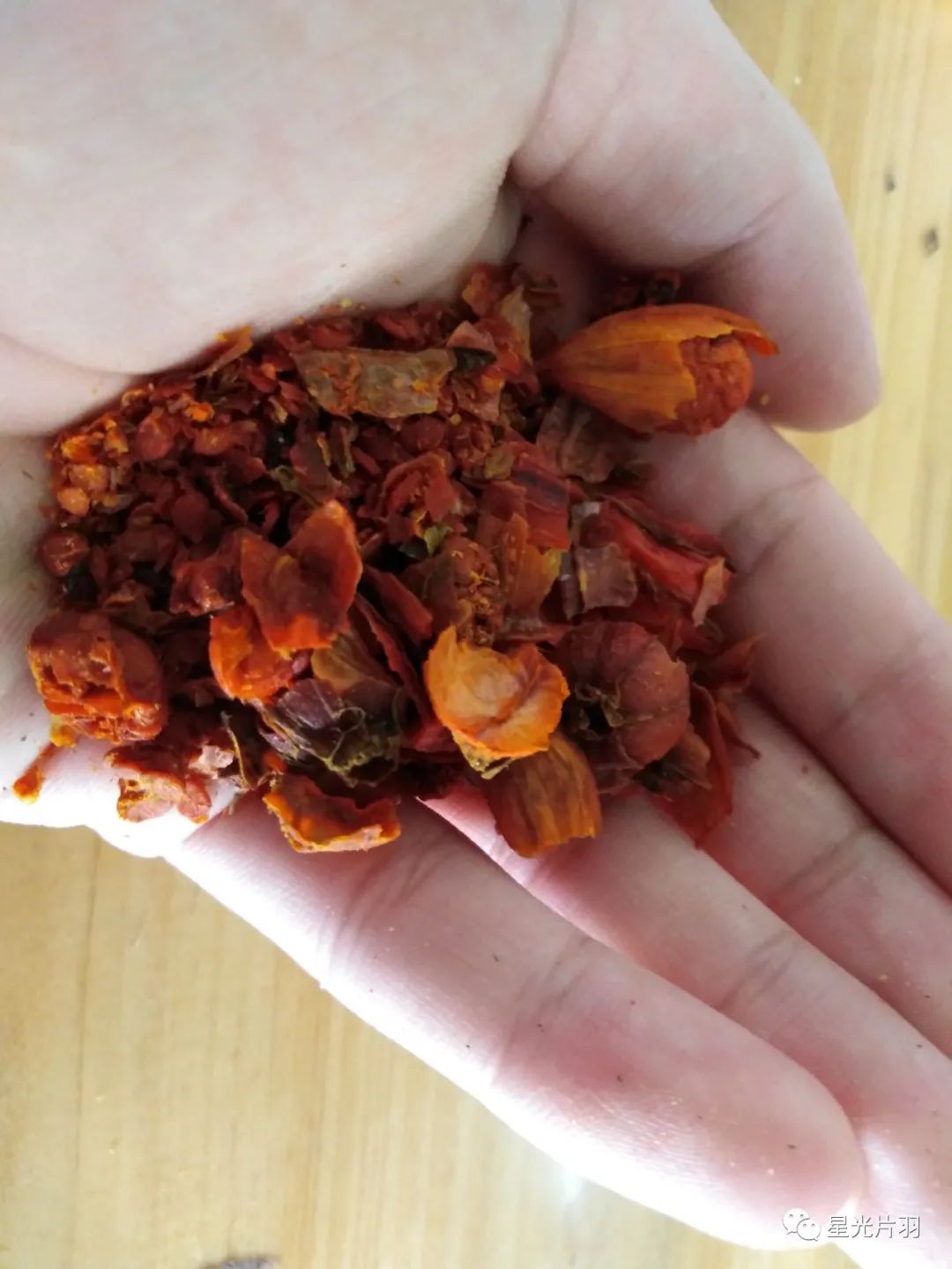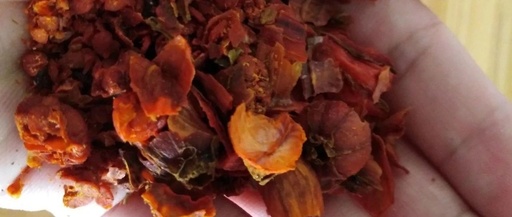Essays on Traditional Chinese Medicine, Article 54
Word Count: 700 words
Reading Time: 2.5 minutes
What is Summer Heat and Dryness?
Summer heat (暑邪, shǔ yé) has a specific time of occurrence, such as during the long summer season at the transition between summer and autumn. Summer heat is classified as a Yang pathogen and is often accompanied by dampness. For example, in cases of heat stroke (中暑, zhòng shǔ), patients exhibit a strong pulse that feels weak upon pressure, high fever, and irritability.
Summer heat injures body fluids and depletes Qi. It is important to understand the characteristics of Yang, which include feelings of irritability and heat. Yang is active and ascendant, and these sensations are common features of diseases caused by Yang pathogens. Summer heat primarily injures body fluids and depletes Qi, leading to conditions such as Qi and Yin deficiency. We often use Wang’s Qing Shu Yi Qi Decoction (王氏清暑益气汤) in clinical practice, and if dampness is also present, we may use Li’s Qing Shu Yi Qi Decoction (李氏清暑益气汤).
When discussing heat, it is important to understand that heat is a gradual manifestation of fire. For instance, when observing a large fire, you can see the flames, but you may not necessarily touch the fire to know it is hot. Thus, our sensation of heat is essentially a gradual manifestation of fire. This Yang pathogen consumes Qi, blood, and body fluids, which is critical because it supports its combustion. For example, why has the large fire in Australia not been extinguished? It is because living trees contain water. The heat from the fire injures body fluids and depletes Qi, turning Yin into combustible wood. The concept of ‘false heat’ (虚热, xū rè) refers to the heat generated from depleted body fluids, which, although not visibly burning, can still lead to significant problems.

For heat pathogens, it is essential to discern their severity. For instance, for heat affecting the Qi level, we use Bai Hu Tang (白虎汤). If body fluids are injured, we add Ren Shen (人参, ginseng). If the stomach is full of heat, good things can turn to charcoal, and we must purge it!
Dryness (燥邪, zào yé) is more complex, particularly in summer, as summer heat injures body fluids leading to warm dryness, while the coolness of autumn can lead to cool dryness. Dryness can be influenced by summer Qi, resulting in a weak pulse, while autumn Qi can exert astringent force on the wood element, leading to a string-like pulse. In summary, dryness is a Yang pathogen that causes disease by injuring body fluids and depleting Qi, but it does not possess the same intensity of heat. For example, a dried-up pond may show cracked soil on the surface, but there may still be water beneath. However, over time, this may not hold true. Dryness injures the lungs, and we commonly use Xing Su San (杏苏散) and Sang Su Yin (桑苏饮) to treat it.
As a side note, some scholars do not believe that ‘dryness’ is related to heat. In the Huang Di Nei Jing (黄帝内经), ‘dryness’ is associated with coolness. The phrase ‘above the Yangming, dryness is governed by’ refers to a cold nature, rather than the ‘heat dryness’ interpretation that later scholars derived from it.
Author’s Introduction: Embracing Traditional Chinese Medicine, revering classical texts, and upholding the teachings of Qi Huang.


